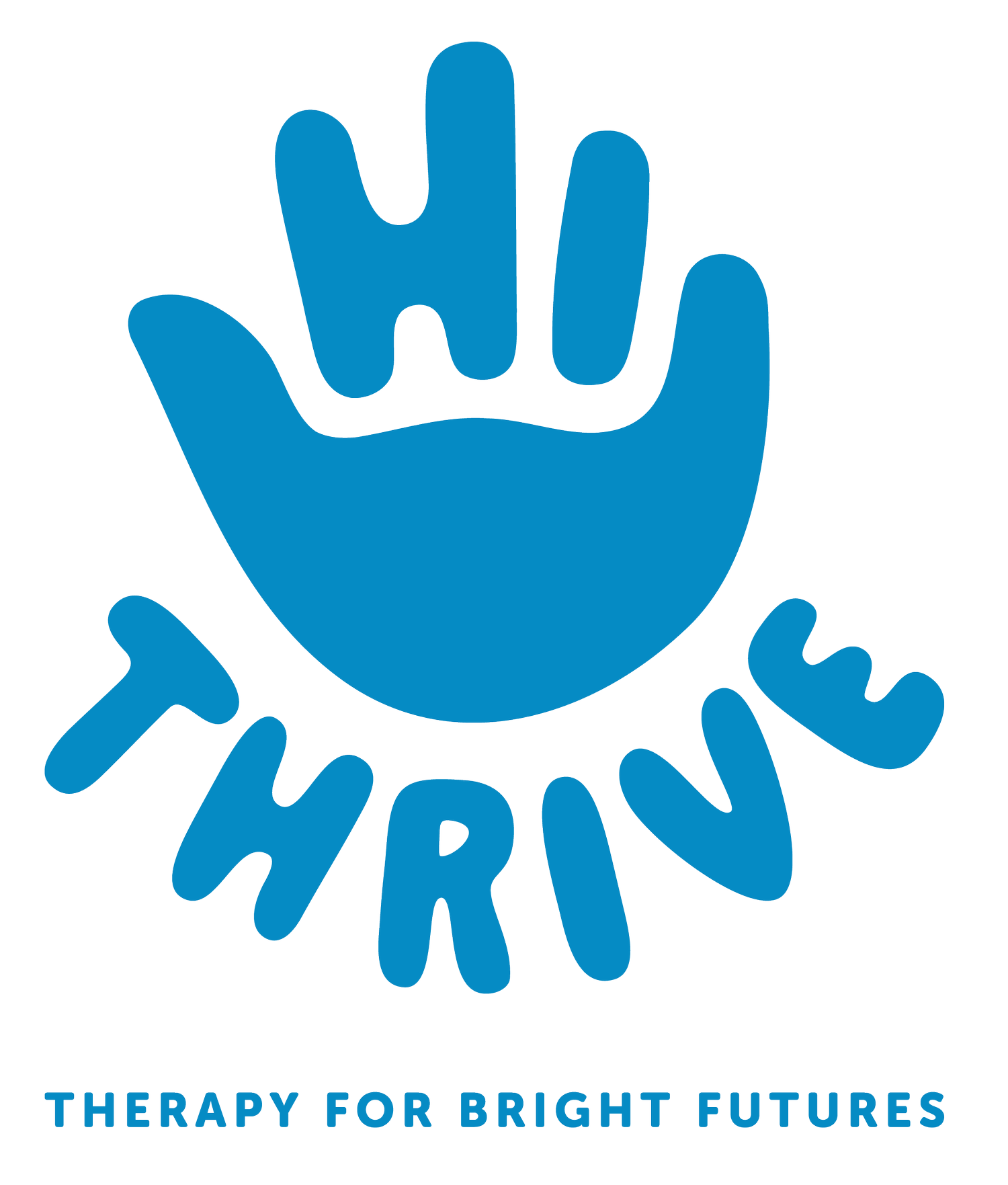The Crucial Role of Music in Early Language Development
The world of early childhood development is a symphony of experiences that shape the foundation of a child's future. Among the myriad factors influencing a child's growth, music emerges as a powerful catalyst in fostering language and communication skills. From the gentle lullabies sung to infants to the rhythmic chants of nursery rhymes, music plays a harmonious role in sculpting the linguistic abilities of babies and children. In this blog, we delve into the profound significance of music in the realm of language and communication development during the crucial formative years.
The Rhythmic Connection
The innate connection between music and language is evident in the rhythmic patterns present in both. Infants are remarkably sensitive to rhythm, melody, and tempo, which are fundamental elements of music. When exposed to musical stimuli, such as a caregiver's soothing song or a playful nursery rhyme, babies are engaged in a multisensory experience that stimulates neural connections associated with language processing.
Research has shown that rhythmic patterns in music enhance phonological awareness—the ability to identify and manipulate the sounds of spoken language. This, in turn, lays the groundwork for the development of essential language skills like vocabulary, grammar, and eventually, reading.
Melodic Memory and Language Acquisition
The melodic nature of music also contributes significantly to a child's language development. Melodies are patterns of pitch and rhythm, and when incorporated into songs and chants, they become powerful tools for enhancing memory. Babies and young children often demonstrate an impressive capacity to remember and reproduce melodies, which aids in language acquisition.
By exposing children to a variety of musical genres and styles, caregivers provide a rich auditory environment that nurtures memory retention. This, in turn, supports the memorization of words, phrases, and even more complex language structures as children progress in their linguistic journey.
Expressive Communication Through Music
Music serves as a universal language that transcends barriers and communicates emotions in a way that words alone often cannot. For babies and young children, who may not yet possess an extensive vocabulary, music becomes a medium for expressing emotions, thoughts, and needs. Through simple songs and interactive musical activities, children learn to associate sounds with feelings, fostering emotional intelligence and expressive communication skills.
Furthermore, participating in music-making activities, whether through singing, clapping, or dancing, enhances motor coordination and spatial awareness. These physical interactions with music contribute to the development of non-verbal communication skills, laying a strong foundation for social interactions and relationships.
Language in Context: Storytelling Through Song
Narrative skills are crucial for effective communication, and music provides a unique avenue for storytelling. Many traditional nursery rhymes and children's songs convey simple narratives that capture a child's imagination. These musical stories expose children to a variety of vocabulary, sentence structures, and thematic concepts, contributing to the development of narrative comprehension and expression.
Incorporating music into storytelling also fosters active listening skills, as children learn to follow the sequence of events in a song and anticipate what comes next. This skill is transferable to language comprehension in general, supporting a child's ability to understand and respond to spoken language.
In the symphony of early childhood development, music emerges as a powerful conductor, orchestrating the intricate dance of language and communication. The rhythmic patterns, melodic memory, and expressive qualities of music create a dynamic environment that nurtures the linguistic skills of babies and children. Caregivers, educators, and parents alike can harness the harmonious potential of music to foster not only a love for melodies but also a strong foundation for language and communication development. As we recognize the integral role of music in shaping young minds, we celebrate the transformative impact it has on the lifelong journey of language acquisition and expression.
